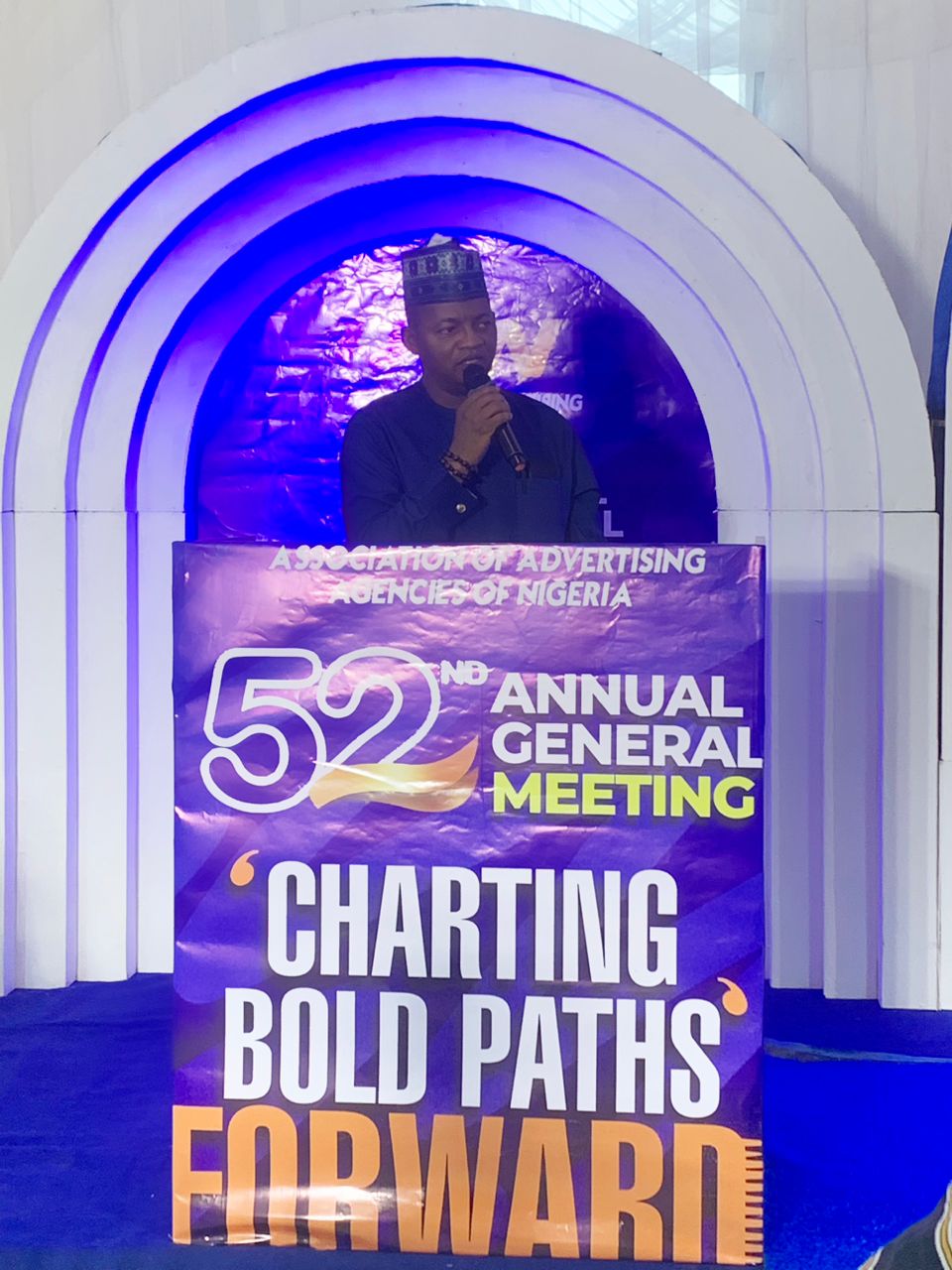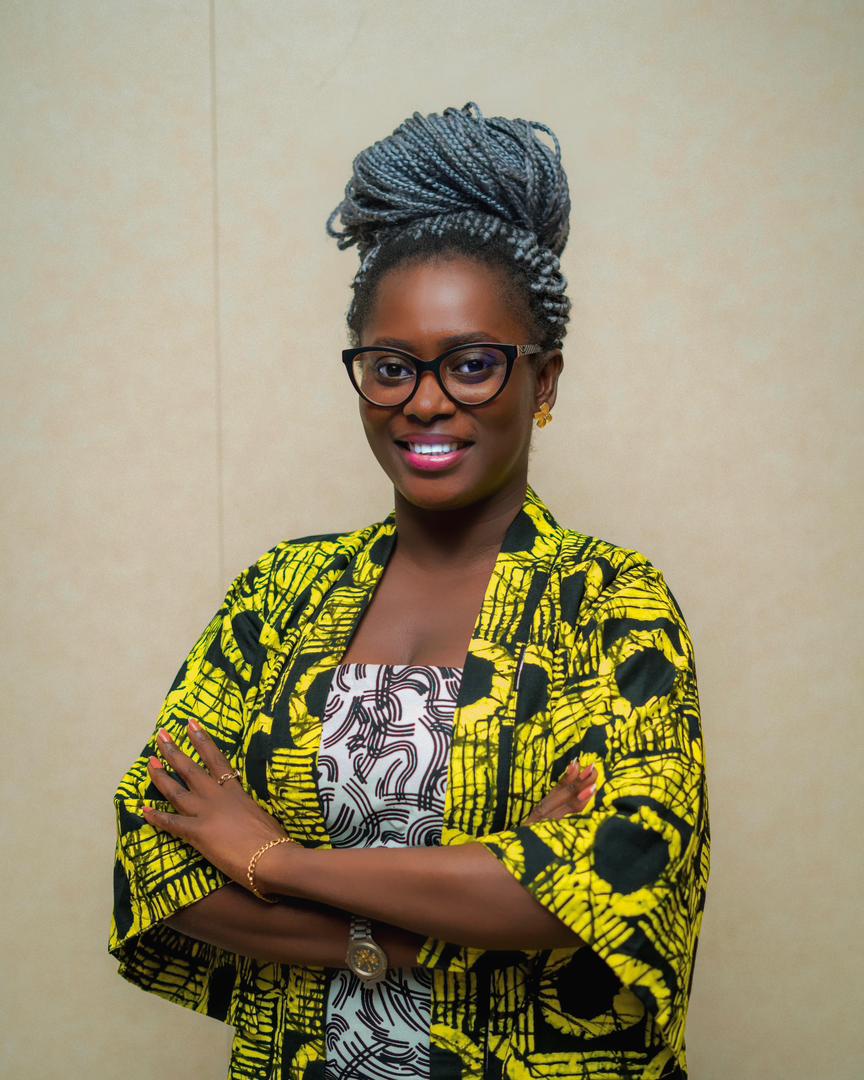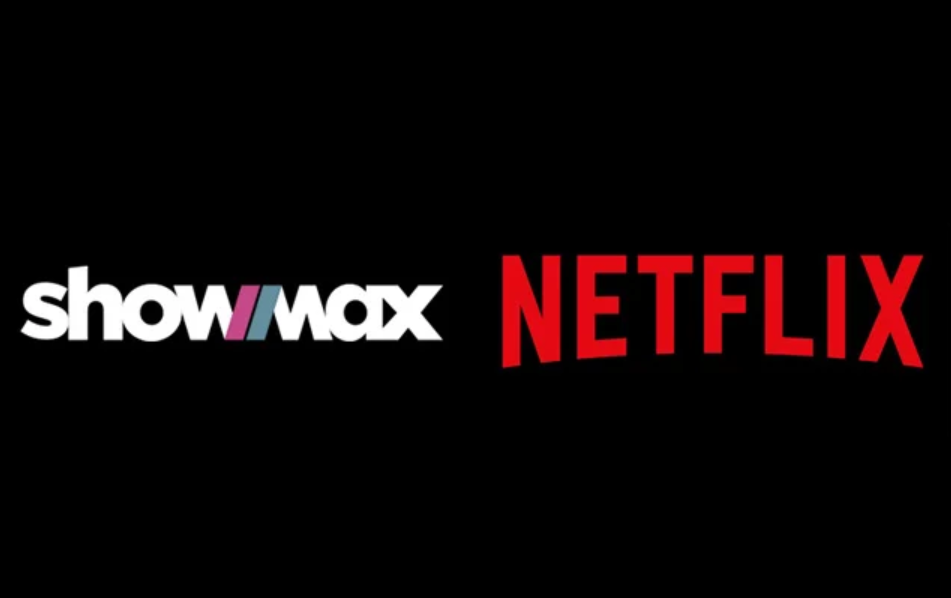At the Fireside chat organized by the Association of Advertising Agencies of Nigeria (AAAN) for its 52nd Annual General Meeting (AGM) in Ibadan, with the theme: “Charting Bold Paths Forward,” Dr. Olalekan Fadolapo, Director General of the Advertising Regulatory Council of Nigeria (ARCON), made a compelling case for professional self-regulation as a sustainable pathway to reforming Nigeria’s advertising ecosystem.
At the event held at Jazs Hotel Ibadan on July 17th, Dr. Fadolapo pointed out that many of the current regulatory challenges would not exist if practitioners committed to ethical advertising and internal control.
“If we get it right with self-regulation,” Fadolapo noted, “we may not even need statutory regulation. The only reason why regulation becomes a burden is because we are not doing the right thing as an industry.”
The session, which served as a platform to discuss policy clarification and chart a way forward with practitioners in the creative industry, covered a range of issues—from always-on ads to stock images, content policies, digital marketing approval timelines, in-house agencies, and escalation procedures for rejected materials.
Regulation as a Standard, Not a Stifler
Dr. Fadolapo emphasized that regulation is not meant to stifle creativity but to safeguard standards. “When you talk about regulation, it’s not to impede the growth of the industry. It’s to sanitize it,” he said, addressing concerns about the frequency of payment and vetting bottlenecks faced by agencies. He noted that ARCON is open to revisiting existing policies if the industry shows higher compliance and transparency.
A major topic of discussion was the three-month validity period for digital marketing approvals—a policy many practitioners feel is too short. Fadolapo acknowledged the concern and revealed: “The three-month window was based on stakeholder consultations, but it can be reviewed. If we see compliance, we can extend it to one year.”
Stance on In-house Agencies and Local Content
The issue of in-house agencies—corporate marketing units operating as agencies—was addressed with strong clarity. “In-house agencies are illegal,” the DG stated unequivocally. “You cannot set up a unit inside your organization to function as an advertising agency without proper licensing. It’s against the law, and we will enforce accordingly.”
On stock images and local content, Dr. Fadolapo reaffirmed the Council’s stance on promoting Nigerian models and voiceovers, citing the Local Content Policy. “We’re working on a platform for Nigerian stock images. Until then, if you are producing for a Nigerian audience, use Nigerian talent. Let’s grow our economy and our people.”
Responding to questions on product samples, which were formerly required for ad vetting, he clarified that the policy had evolved: “Submission of product samples is now optional. If you want a waiver, make a formal request at the beginning of the year. We’re listening to the industry.”
ALSO WATCH MARKETING EDGE ONTV
Due Process and Industry Dialogue
Concerning material rejections after initial approvals, the DG emphasized the importance of due process and fair recourse. “When a material is rejected, you can escalate to the Director General. We have a structure, and we are accountable. But we also expect advertisers to follow due process,” he said.
Dr. Fadolapo called for consistent dialogue, shared responsibility, and a genuine commitment to best practices. “Regulation can either be a wall or a mirror. We’d rather it be a mirror that reflects the progress and professionalism of our industry.”







Comment
No comments found.